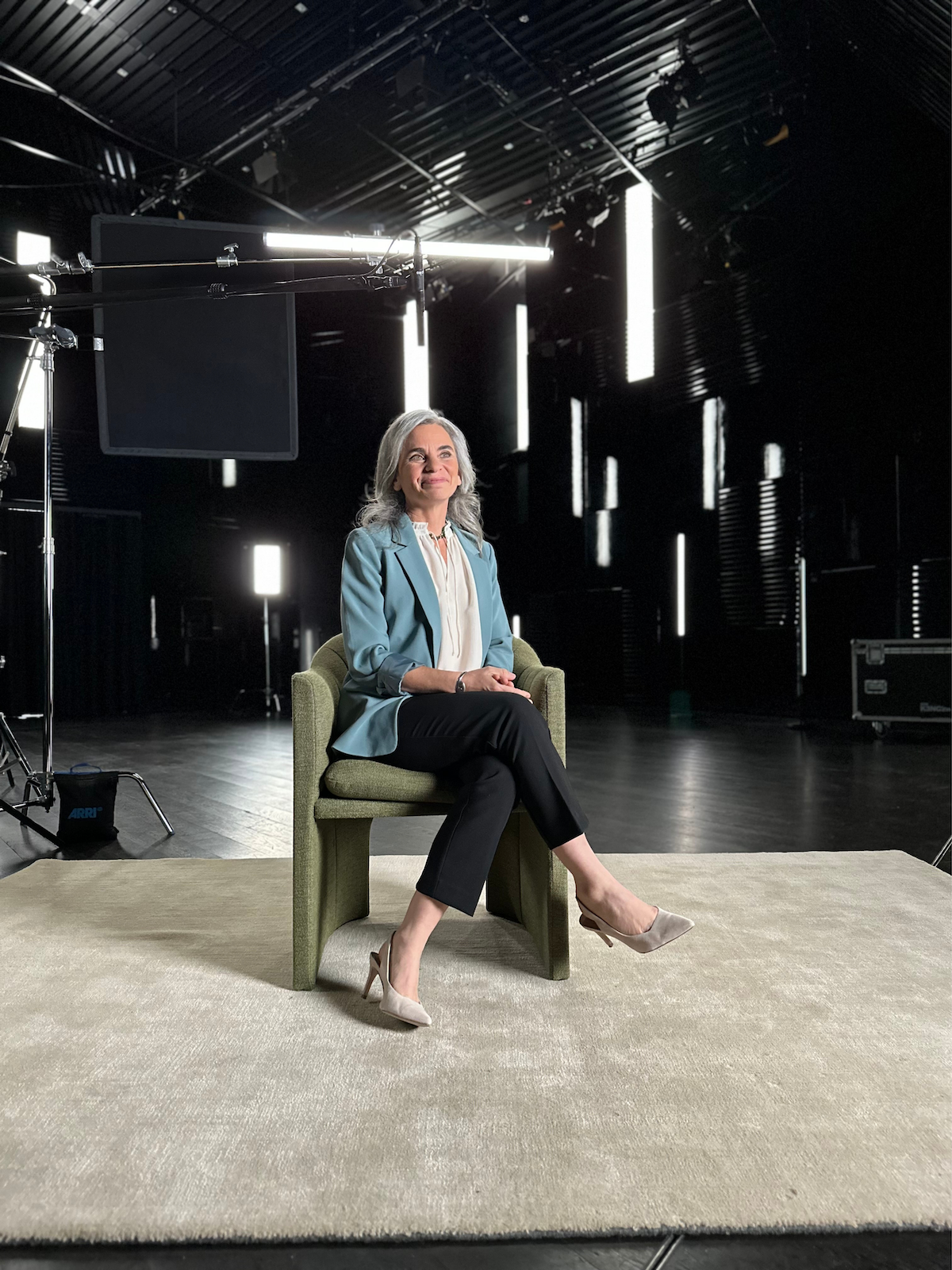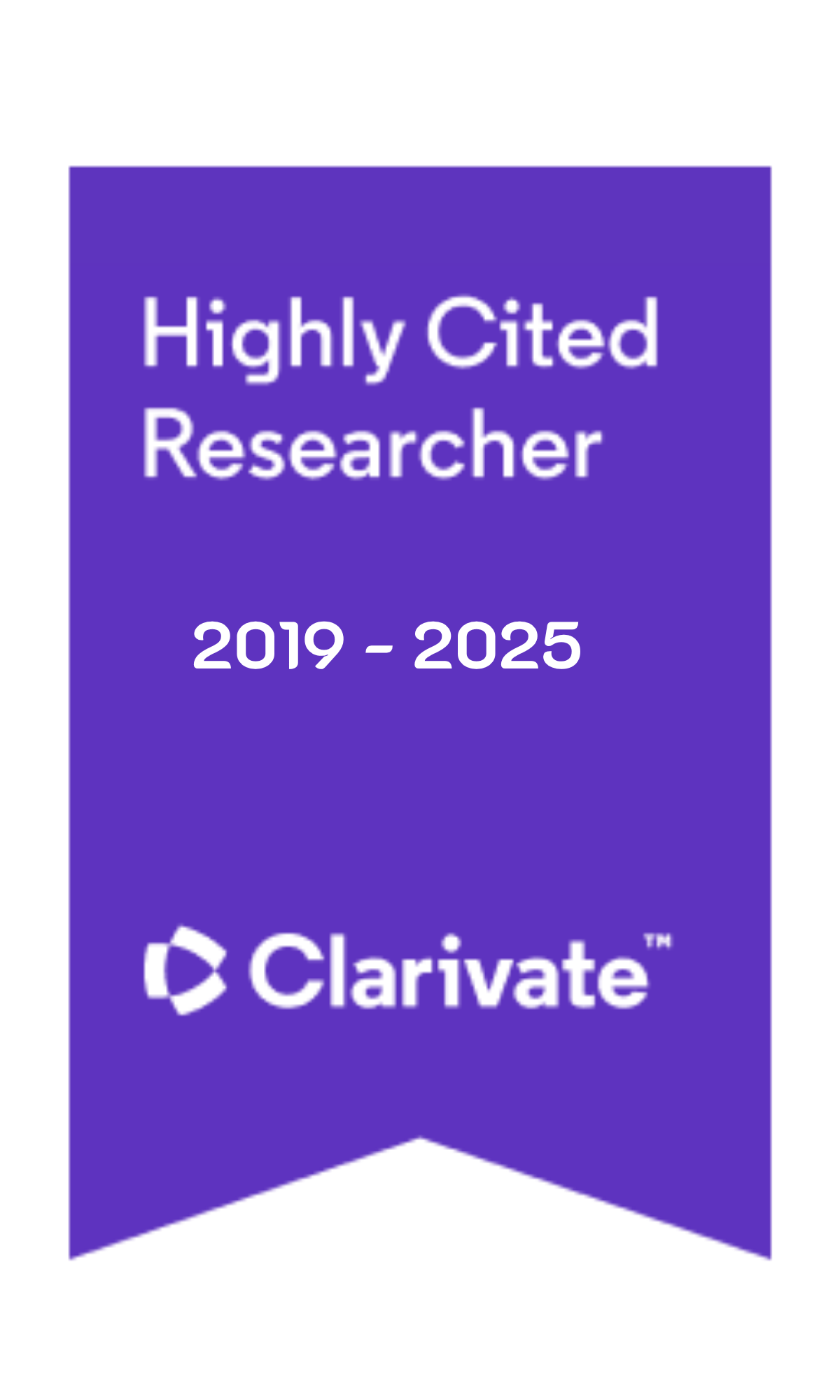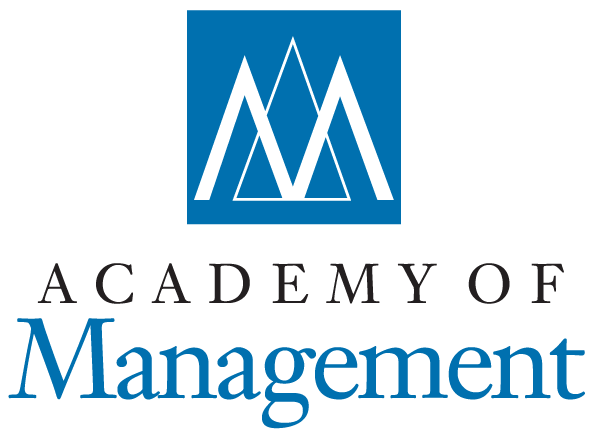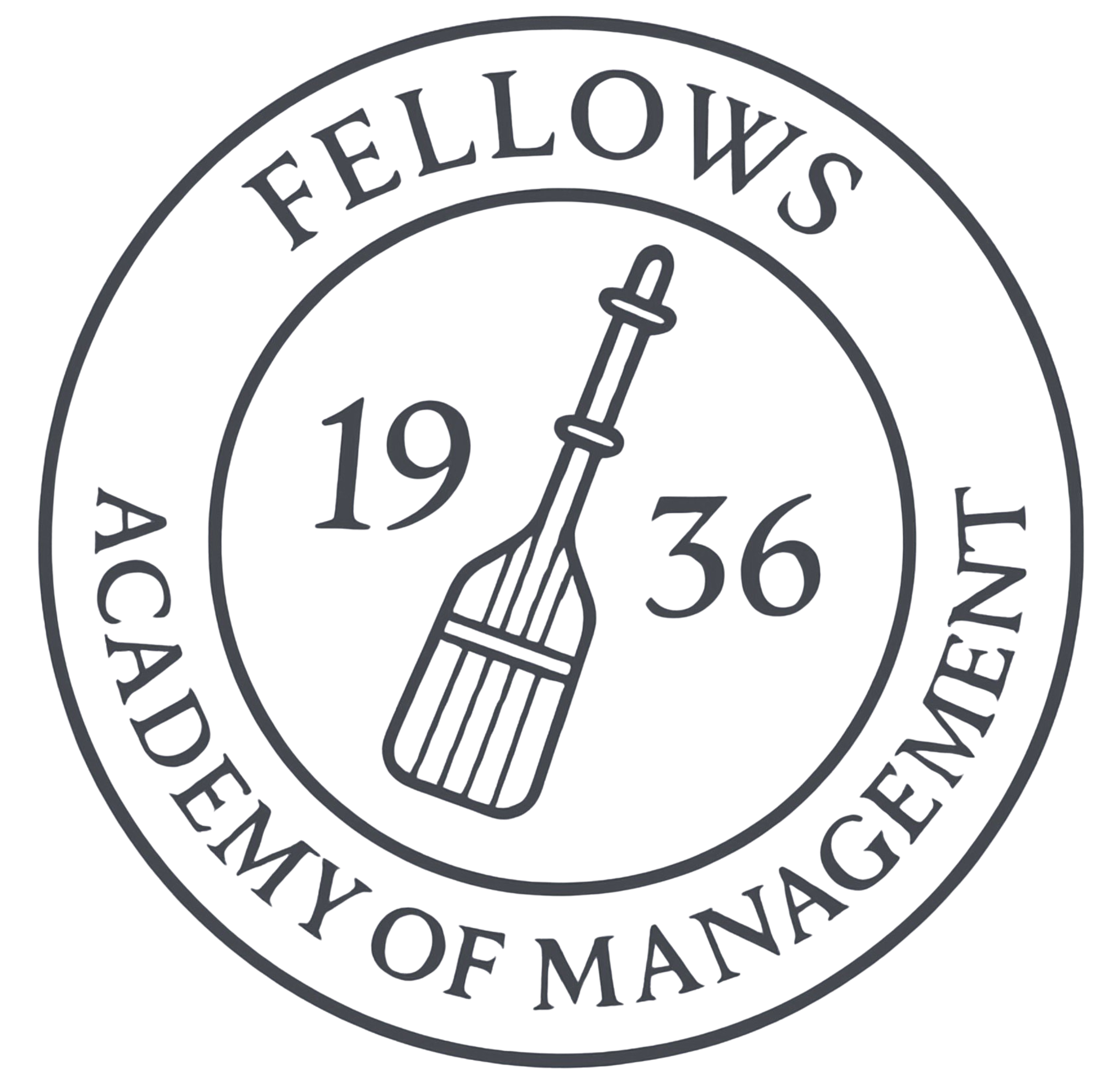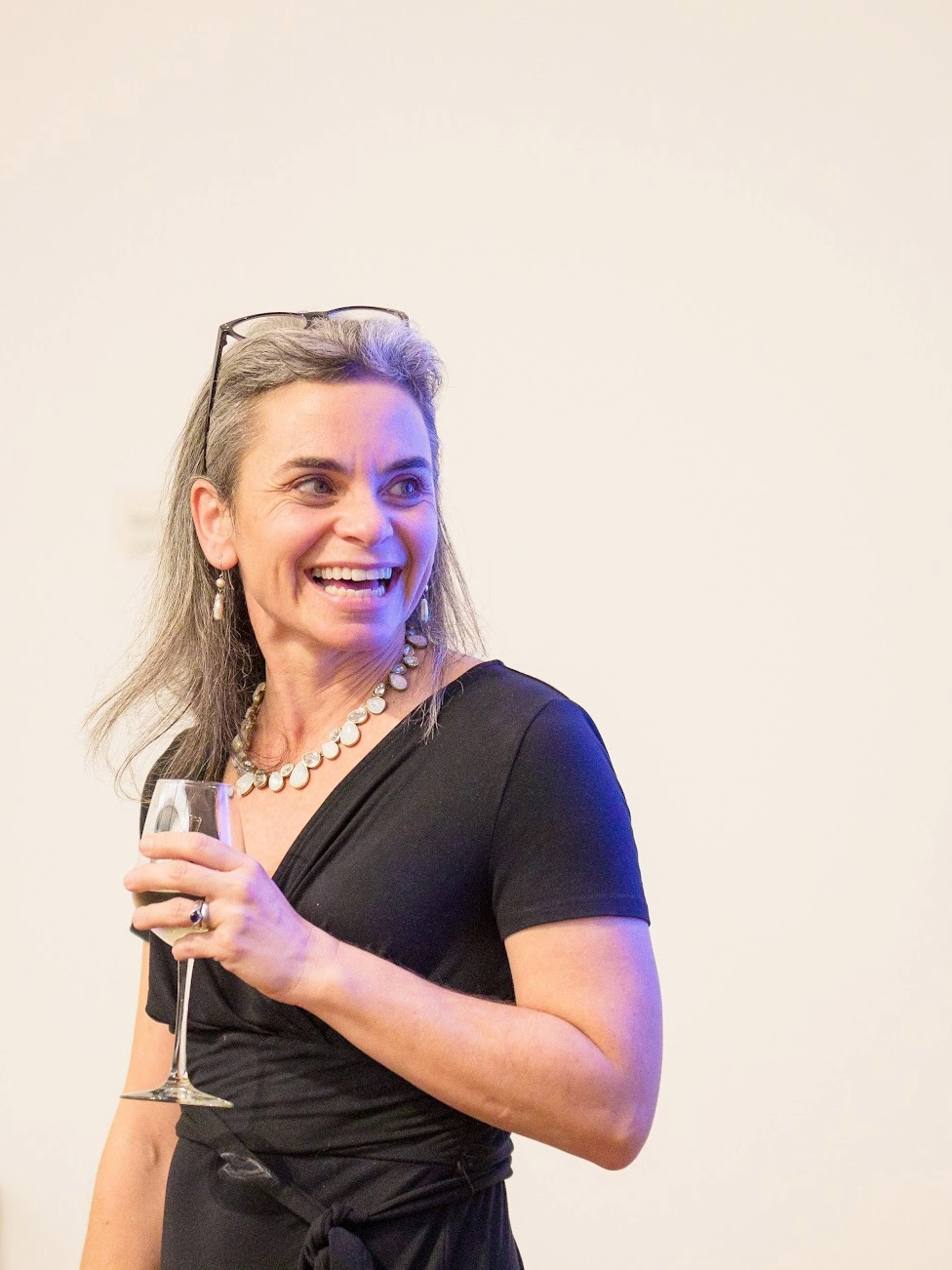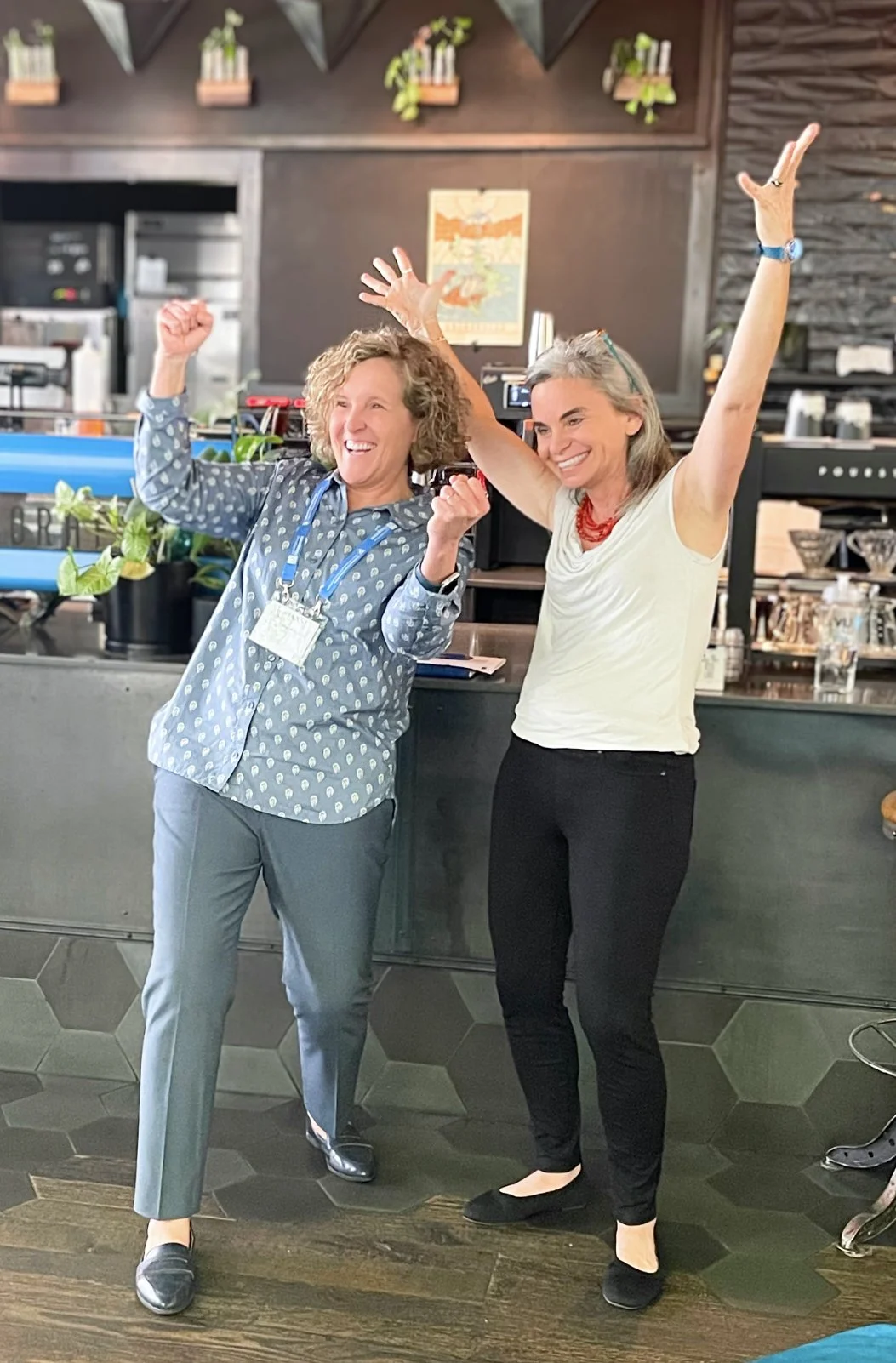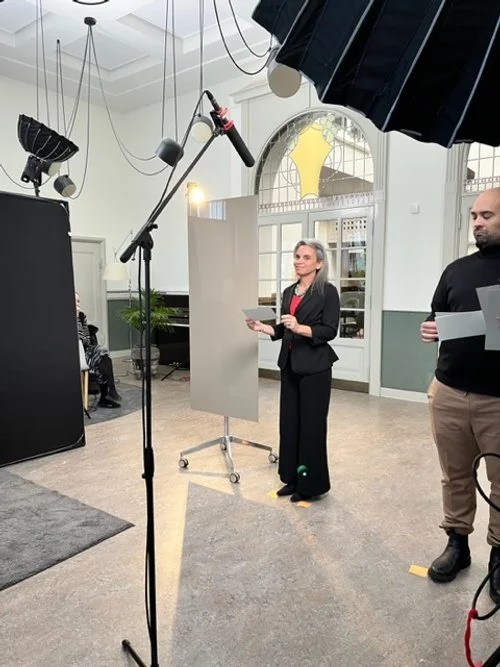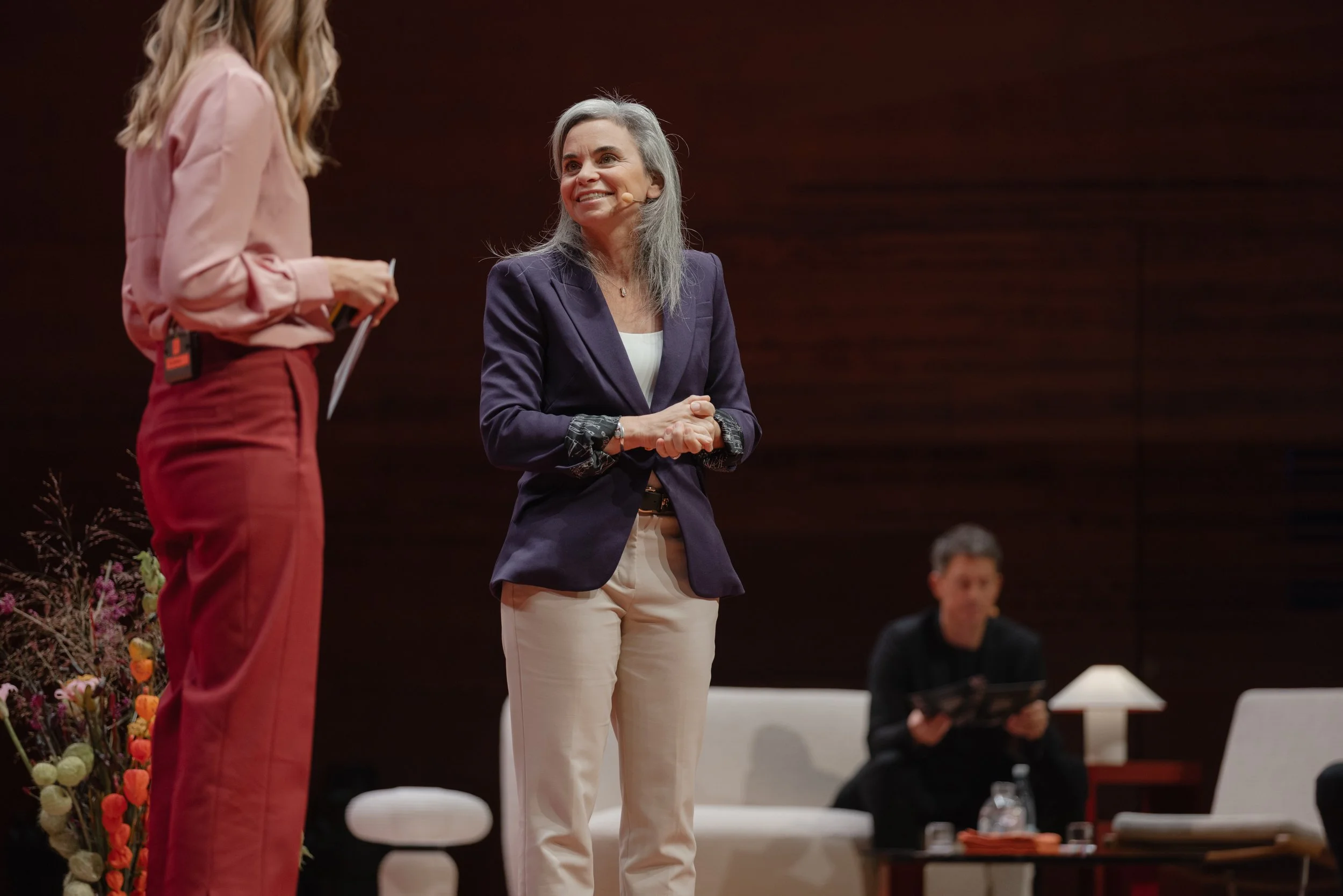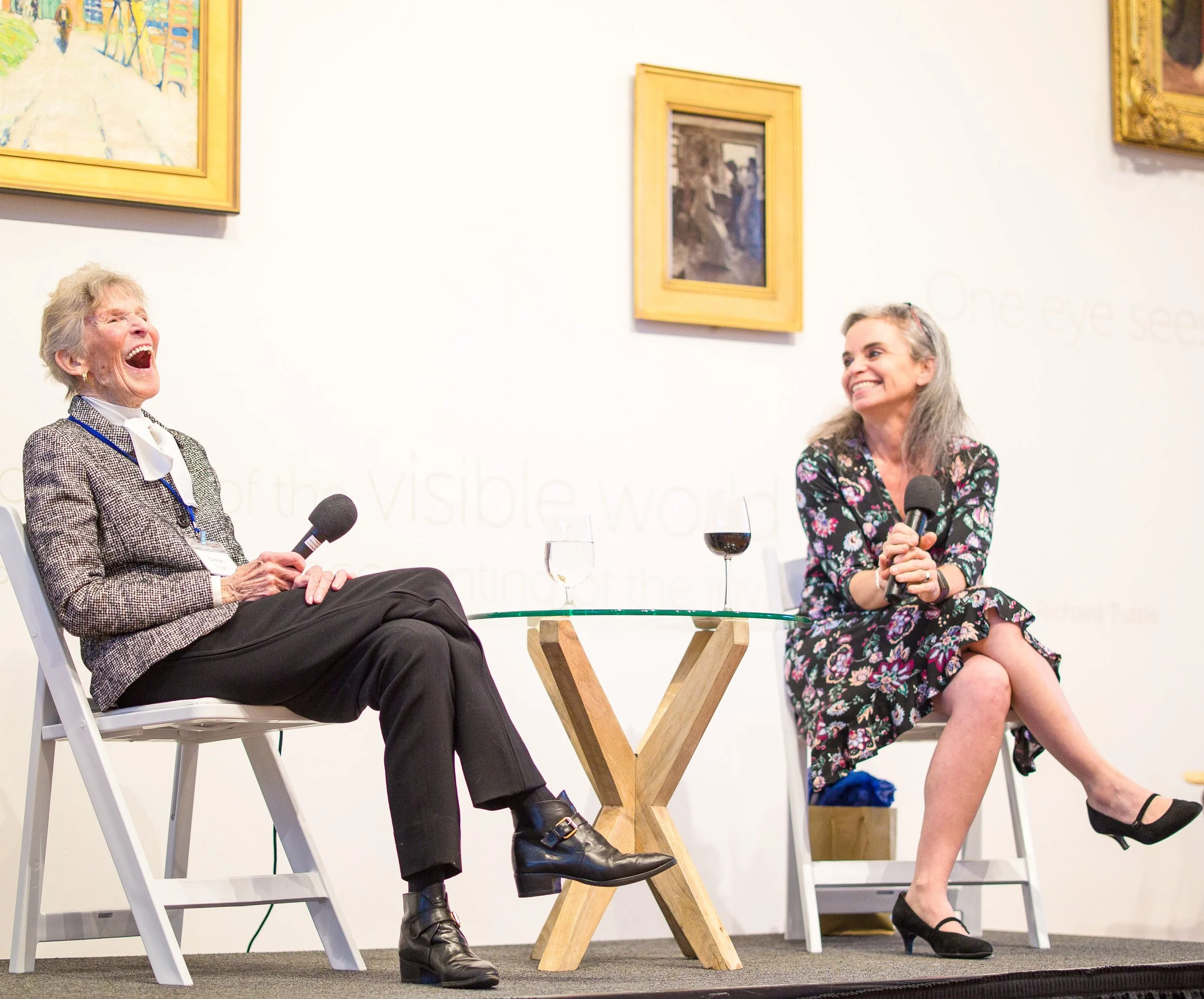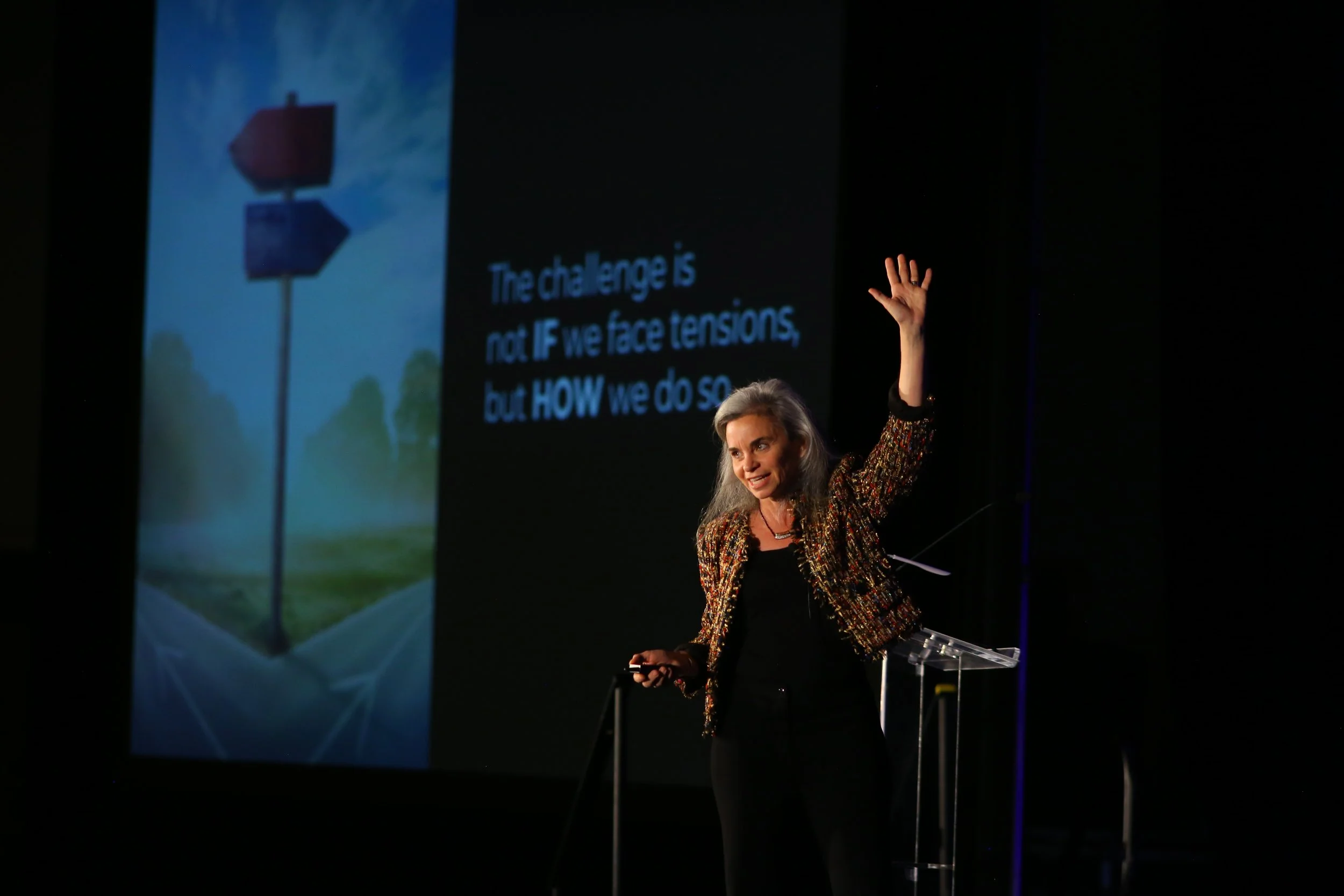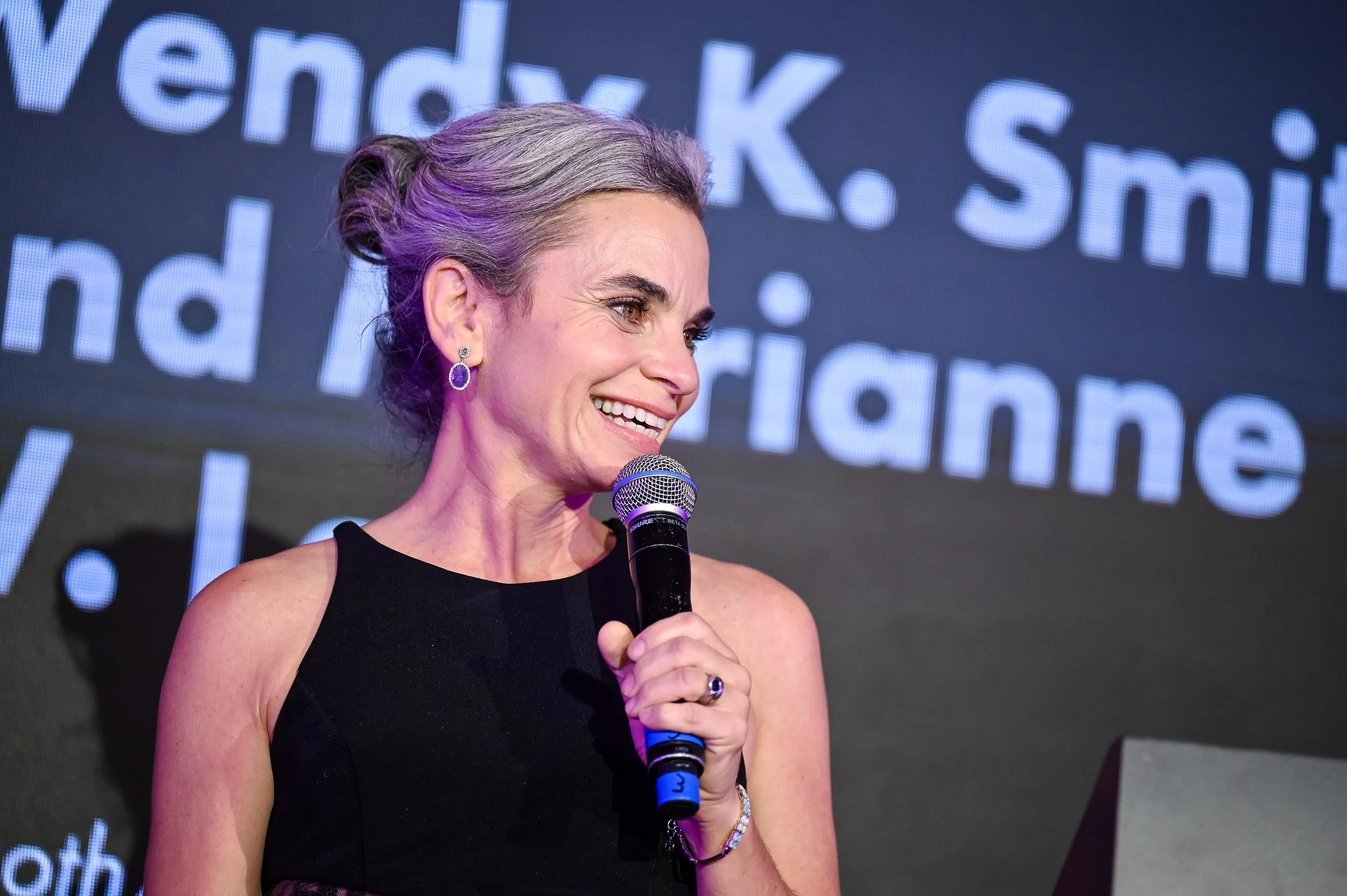
Meet Wendy
A pioneering scholar and passionate teacher who bridges research to real-world insight
Biography
Wendy K. Smith, PhD, is a leading authority on paradox and Both/And Thinking. A Harvard PhD and Professor of Management, Wendy is widely recognized for her pioneering research on how leaders and organizations embrace paradoxes to navigate complexity, uncertainty, and competing demands.
Wendy bridges deep academic rigor with practical insight, translating decades of research into accessible frameworks that help people thrive in the face of tensions. As a thought leader and academic, she lives in the “both/and”, bringing together theory and practice, scholarship and application, with an approach that is credible, pragmatic, and deeply human.
Wendy is a sought out speaker and facilitator working with executives and audiences at large Fortune500 companies such a CISCO, Microsoft, IBM, Comcast and others, as well as nonprofits and social enterprises. Her TedX Talk explored “The Power of Paradox”. Her book, co-authored with Marianne Lewis, Both/And Thinking: Embracing Creative Tensions to Solve Your Toughest Problems won the Thinkers50 Breakthrough Idea Award, was named the Thinkers50 Top 10 New Management Books, a finalist for the Next Big Idea Club.
Wendy’s insights are grounded in extensive academic rigor. As a leading voice on paradox theory, her research has been widely published in leading journals. She has been named a Web of Science Highly Cited Researcher for being among the top 1% most cited scholars for seven years in a row, and is the only person to have won the Academy of Management Decade Award twice. She was further honored as the Francis Alison Scholar in 2025, the university’s highest award for scholar educator, and was one of the youngest scholars to be named as a Fellow of the Academy of Management. She further has been a fellow at Cambridge University, University of New South Wales, Stockholm School of Economics and others. Wendy is currently the Dana J. Johnson Professor of Management at University of Delaware. She earned her PhD at Harvard Business School and her BA at Yale University.
When not studying paradoxes, she is living them — raising twins along with a singleton, and seeking to honor her Canadian roots while living as a US citizen.
Yale University, BA
Harvard Business School, PhD
Cambridge University, Fellow
University of New South Wales, Fellow
Nova Business School, Fellow
Stockholm School of Economics, Fellow
Academy of Management, OMT Division Chair
Thinkers50 Breakthrough Idea Award
Thinkers50 Ranked 2025
2025
2023
Web of Science Highlighted Cited Researcher
Academy of Management Review Decade Award
2019, 2020, 2021, 2022, 2023, 2024, 2025
2021, 2024
Fellow of the Academy of Management
Francis Alison Scholar
2025
Thinkers50 Breakthrough Idea Award
Thinkers50 Awards Gala 2023
Q&A with Wendy
Why did you start researching paradoxes?
They say that research is me-search. Over the years I’ve faced tensions like… should I be an academic or a thought-leader? Should I research sustainability or innovation? Should I focus on my career or my family? In grad school, I stumbled across a paper introducing paradox theory by Marianne Lewis – now my long-time collaborator and friend. I was smitten. Paradox theory completely changed how I thought about my own tensions… academic AND thought-leader; sustainability AND innovation; career AND family. I emailed Marianne, asked if we could meet… and well… as they say, the rest is history.
What’s one thing that you find leaders get wrong about paradox?
(Well… actually… here’s two things, since most of the time, my brain thinks in dualities.)
Some people worry that embracing both/and thinking means waffling between alternatives and never making a decision. Paradoxical thinkers are some of the most decisive people I know; they just make more creative decisions then a standard either/or. Others think that paradox is about just adding more and more to their plate…and, and, and.. without boundaries. Again, great paradoxical thinkers have great boundaries, and use the guardrails to help lead to more creativity.
What’s the most surprising thing your students have taught you?
Students *WANT* to talk about difficult polarizing topics – they just need the right conditions to feel safe, heard, curious and engaged. After one particularly bruising political election, I scraped my lesson plan and instead invited my MBA leadership students to listen to each other’s perspectives. “Wow. That was so enlightening. I didn’t realize that people thought that way,” one student reflected to me afterwards. Probably none of the students changed their minds; but they all changed their level of respect or and connection with one another.
What does it look like to practice both/and thinking in your own life?
When my twins were younger, I would ask them “What’s the both/and?” amid a fight so many times that they started to roll their eyes at me. Ultimately I had to let it go. Now, as they’ve grown older, they are telling me stories about how they ask their friends “What’s the both/and?”. That’s a great paradox of parenting – the more we let go of teaching our kids, the more that they learn.
And finally… what do you love? What do you hate?
I love farmer’s markets, pottery mugs, any veggie dishes that include avocados and soy sauce, and a good glass of red wine while reading a compelling historical fiction.
I hate waiting in long lines (My husband often waits in long lines while I find other things to amuse myself. I love my husband for waiting in long lines so that I don’t have to).
